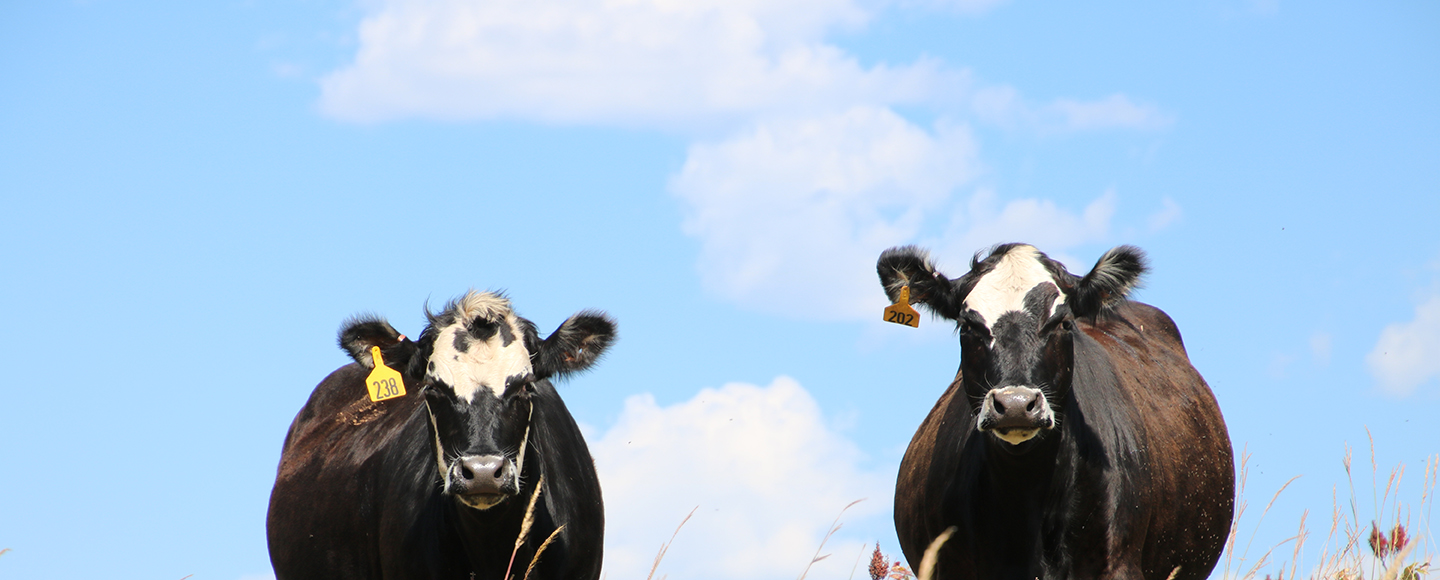
The Legislature was busy this week attempting to override numerous vetoes by Gov. Laura Kelly, passing an omnibus funding bill (HB 2551) to reconcile the budget with legislation approved during the 2024 session, and finalizing a few remaining conference committee reports.
Animal Facilities Protection Act and brand registration fees - A conference committee report (CCR) containing two KLA-supported bills passed the House 108-12 and the Senate 34-2. S. Sub. for HB 2047 would prohibit trespassing on animal facilities or field crop research areas and making false statements on an employment application to gain access. The bill amends provisions of current law that were struck down by the 10th Circuit Court of Appeals for First Amendment violations. Its definition of trespass prohibits the operation of drones over these facilities without permission. The CCR also contains the contents of HB 2543, which would increase the maximum amount the Kansas Department of Agriculture (KDA) can charge for brand registration fees from $55 to $100. It also would allow KDA to charge a brand application fee for each new brand.The bill would enable KDA to more effectively carry out the brands program. The brand fee fund is used to support one administrative staff position and the state’s two livestock theft investigators. The CCR now goes to the governor for consideration.
Foreign ownership of land - A CCR containing SB 172 was passed by the House 86-39 and the Senate 24-14. The bill would prohibit foreign adversaries from owning an interest in real property in Kansas within 100 air miles of a military installation and require divestment of existing ownership interests unless cleared by the Committee on Foreign Investment in the U.S. (CFIUS). KLA remains neutral on the bill after a KLA-supported amendment was added earlier in the session. The amendment would allow companies such as Syngenta and Smithfield Foods to continue operations if they have undergone a CFIUS review. Some legislators expressed constitutional concerns because of the retroactive nature of the bill. The governor has not indicated whether she intends to sign the bill.
Comprehensive tax plan - The Senate was unable to override the governor’s veto of the comprehensive tax bill, S. Sub. for HB 2036. This legislation would have reduced the statewide school mill levy from 20 mills to 19.5 mills, which KLA supported; increased the residential exemption from the statewide mill levy from $42,094 to $100,000; eliminated the lowest income tax bracket and moved to a two-bracket system, with rates at 5.55% and 5.15%; increased the standard deduction by 3% and raised personal exemptions from $2,250 per person to $9,160 for single filers and $18,320 for joint filers, with the exemption for dependents set at $2,320; eliminated the income tax on Social Security income; accelerated the elimination of the food sales tax to July 1, 2024; and repealed the statutory transfer of funds to the Local Ad Valorem Tax Reduction Fund and the City-County Revenue Sharing Fund. After failing to override the veto, the Legislature scrambled to pass a variation of the plan, SB 37, which proposed to increase the standard deduction and decrease the rate cuts to 5.57% and 5.2%. The bill passed the House 108-11 and the Senate 25-9. Although the changes to SB 37 met the governor’s demand for greater fiscal restraint, she still objected to moving away from a three-bracket system. It is uncertain whether the bill will draw a veto and potentially a special session.
Sales tax exemption - The Legislature was able to override the governor’s veto of HB 2098, a bill containing various sales tax exemptions, including one for local meat processing services, which was supported by KLA. It passed the House 99-20 and the Senate 37-0.
Kansas State University dairy renovations - The omnibus funding bill contained a provision that would allow K-State to issue a $34 million bond to construct, renovate, develop and equip a new dairy facility, and an appropriation for the first year’s bond payment. The bond must be matched by $6 million of private funds. Gov. Kelly is expected to sign most of the bill, but as with all budget bills, the governor has the authority to line-item veto specific provisions. KLA is unclear on how Gov. Kelly views this provision.